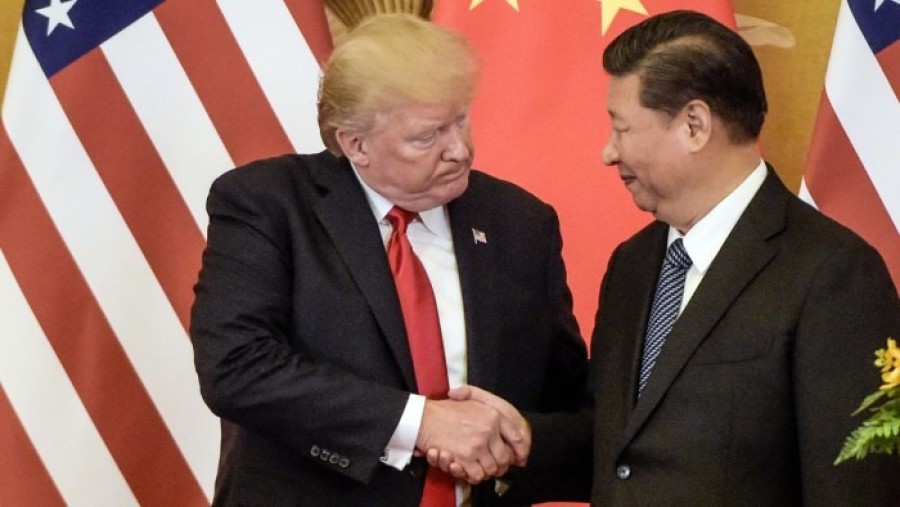How China could retaliate against the US in a trade war, according to a Yale economist

Image collected
Donald Trump's plans to implement steep tariffs on goods from China could prompt painful retaliatory measures against the US, Yale economist Stephen Roach said.
Donald Trump's plans for heavy tariffs on goods from China could spark damaging retaliation, Stephen Roach said. China is home to rare earth metals vital to US industry, he wrote in The Financial Times. The country could also dump Treasury holdings, damaging the market for US debt securities.
"Trump's nationalistic view of 'America First' ignores how much a saving-short US economy depends on China for goods and financial capital," he wrote in The Financial Times. "China has plenty of 'Trump cards' to send a very different message."
Throughout his campaign, the President-elect floated the idea of implementing a 60% tariff rate on China, and, more recently, promised an additional 10% tariff. Trump says this will
Consider Beijing's response to a fresh semiconductor export ban from Washington this month.
Within a day, Beijing restricted US purchases of critical minerals, including a tighter hold over graphite. The material is necessary to make computer chips, advanced electronics, and solar panels.
"It is a reminder that retaliation is the high-octane fuel of conflict escalation. This is not well understood in US policy circles that seem to harbor the mistaken notion of a one-way dependency — that China is uniquely beholden to external demand and new technologies from the US," Roach said.
China's latest actions underscore a significant advantage it could use in a broader trade war, Roach said. The nation is home to rare earth metals that are enormously important to US industry, and China could unleash wide-ranging constraints if further threatened.
Yet, Beijing's "ultimate financial weapon" may be its massive accumulation of US Treasury debt. According to Roach, mainland China and Hong Kong collectively hold $1 trillion of these securities, putting it in a unique position to damage Washington's financial health.
"China could go on a buyer's strike during upcoming Treasury auctions, or, even more extreme, it could start to unload its outsize position as America's second-largest foreign creditor," he said. "Either option would be devastating for America's deficit-prone economy and would unleash havoc in the US bond market, with wrenching collateral damage in world financial markets."
Essentially, Treasury dumping would lower demand, pushing yields higher. When this happens, the US government has to pay more interest to attract creditors, ballooning debt and deficit levels over the long run.
Chinese debt holdings have sparked anxiety once before. When the 10-year Treasury yield broke past a key 5% threshold last year, economists wondered if Beijing had started selling US bonds.
"While it seems far-fetched, almost suicidal, for China to spark such a financial meltdown, it is equally reckless to dismiss the "tail risk" consequences of a trapped adversary," he said.
Source: https://www.yahoo.com
Previous Story
- China is probing Nvidia in a major escalation...
- Huawei's foldable smartphone sales nearly double in third...
- High-Quality Woodworking Tools and Machinery from China
- Headwinds in China and Asia travel retail impact...
- Congress Calls for Tougher China Sanctions to Thwart...
- EU to impose duties on electric vehicle imports...
- China Industrial Profits Extend Drop as Deflation Takes...
- China's exports miss forecasts as lone bright spot...